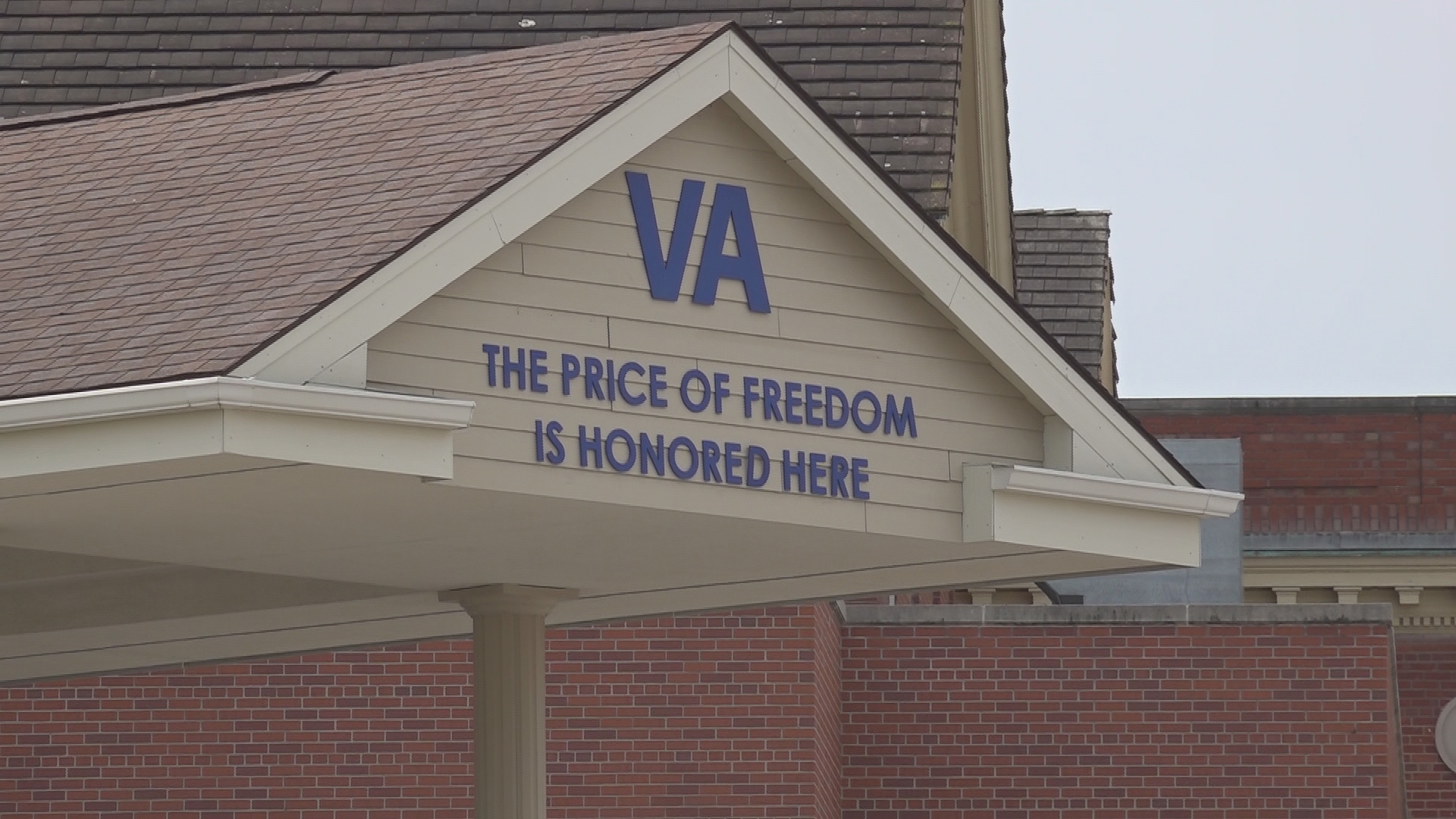DES MOINES, Iowa — The Veterans Affairs (VA) of Central Iowa received a bronze braille flag from thenational president of the Blinded Veterans Association for their work helping low visibility veterans.
Sight is oftentimes something we may take for granted, but veterans with vision loss need devices to assist them in living a better life. At the VA building, the Visual Impairment Clinic serves over 300 low-visibility veterans.
Retired Marine Gordon Perkins is one of the many vets receiving care.
"I gradually started losing my eyesight about seven or eight years ago, it started getting worse. I quit driving at night, because I couldn't see the road good enough," Perkins said.
Perkins has glaucoma, but with the help of his wife he's able to get around the city pretty well. He told Local 5 he's thankful for the VA's care.
"It's hard to describe all that they do for you," Perkins said.
The VA has helped him learn how to adapt to his progressive vision loss.
"The people that have to work with you understand about being blind more than you do," he said. "And the doctors there worked on my eyes, checked them out for six hours intensely."
Visual Impairment Services team coordinator Wes Hodgson strives to make anything possible for veterans losing their vision.
"We like to say that we can teach people to do just about anything in life, when they don't see with alternative strategies, or different devices to help them compensate for that vision loss," Hodgson told Local 5.
He uses tools that help with everyday life tasks, like reading or even playing games, and spends hours equipping veterans like Perkins with needed support.
"They also took me out two hours a day and taught me how to use my cane walking down the street, how [to] cross traffic lights," Perkins said.
Hodgson said veterans with visual impairments often struggle with transportation, and that's why the VA is offering telehealth options to better serve their needs.

